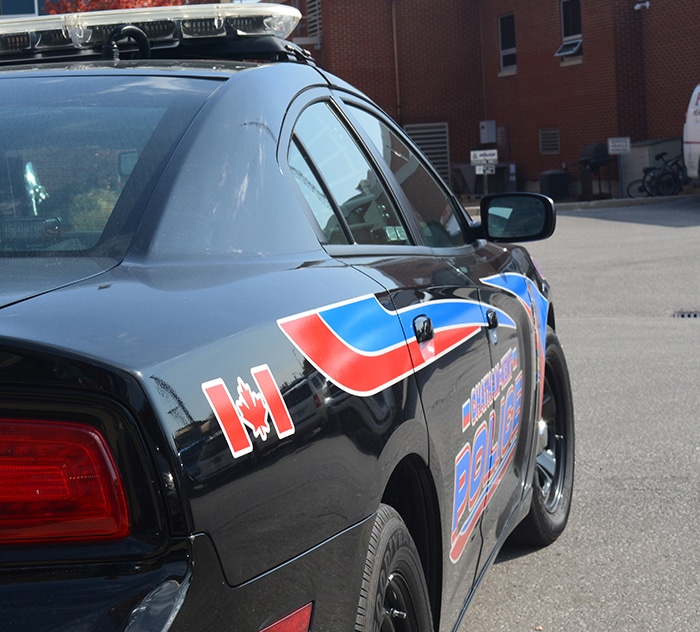
By Jenna Cocullo, Local Journalism Initiative
The Chatham-Kent Health Alliance has ordered a freezer to store the COVID-19 Pfizer vaccine, providing CK Public Health with the capability of locally receiving and storing it for distribution.
“So we are well placed to be able to handle whatever we’re able to get,” said Dr. David Colby, Chatham-Kent’s medical officer of health.
The Pfizer vaccine needs to be stored at -70C. For reference, the average temperature in Antarctica during its winter months is -50C to -60C.
Health Canada approved the Pfizer vaccine last Wednesday. The Moderna vaccine, which is next in line for approval, would only require temperatures of -20 C.
Delivery of the refrigerator is expected to arrive by the end of December, according to Lori Marshall, president and CEO of CKHA. It can go down to -85C and store 400,000 doses. Each individual needs two doses of the vaccine, meaning Chatham-Kent would need more than 200,000 doses.
“So definitely that would be more than we would need in Chatham-Kent,” Marshall said.
The news is one more piece in the local distribution plan, which is still being formed.
“We will await direction with respect to the whole logistical co-ordination and we will also work with their other hospital partners across the western region,” Marshall said.
Ontario announced earlier this week that it will prioritize the lockdown and red zone regions with the first batch of doses arriving this month.
Because of the extreme cold temperature required to store the Pfizer vaccine, long-term care residents may have to go to the distribution site to get immunized.
Staff in long-term care and seniors’ residents, adults 70 and over, health-care workers and adults in Indigenous communities are the first groups of people who will receive the vaccination, according to the federal roll out plan.
Colby said to achieve eradication of COVID-19 in a population, 82 per cent of the population needs to be immunized at one time.
“And that really depends on the unvaccinated people being peppered randomly throughout the community and not as one large group that would refuse vaccination,” he said. “ But the vast majority of people are intending to get the vaccine. There is a substantial minority that basically said they’re a little uneasy because it’s new, but they do intend to get it.”
Colby said the Pfizer vaccine is 95-per-cent effective at preventing infection and is 100 per-cent-effective in preventing severe infection and death.
Constitutionally, the government cannot force every single person to take the vaccine, however, many counties, including Canada, may place travel restrictions on those that have not vaccinated.





